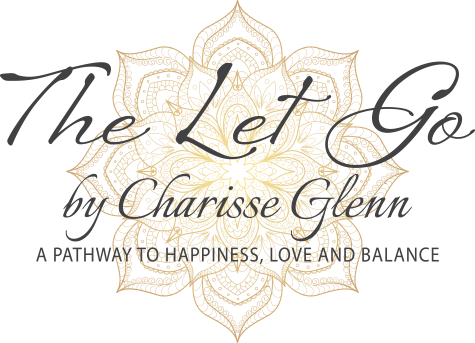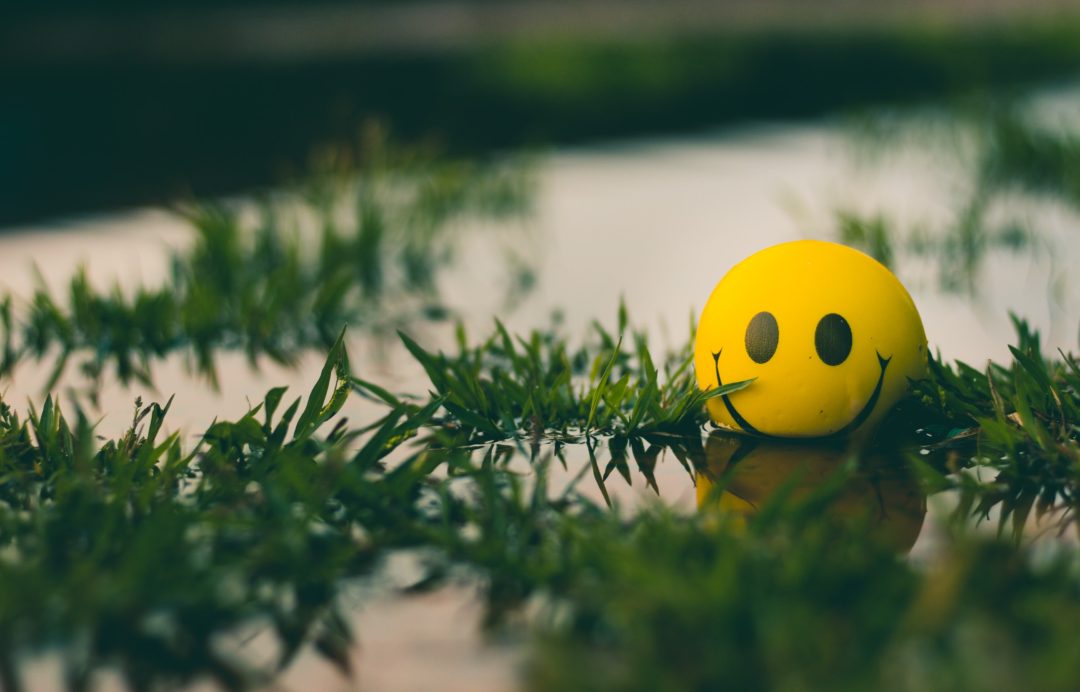May I be gentle with myself.
~Jane Lefevre
Of all situations in which it is imperative to exercise patience, the most important is having it for ourselves.
Impatience, like every other behavior, comes from within. It is something we learned, a habit we developed. Impatience robs us of being in the moment. It can take us into a realm of anxiety, clouding our vision of the task at hand and sometimes leading us to distractions that are not productive. When we allow Impatience to shadow us, it can alter our moods, thus affecting not only us but others.
As much patience as I can generate for others, and I have a significant amount, I have had to work harder on patience for myself. At one point, I thought if I had patience for others, what did it matter that I demanded so much from myself, often creating immense stress?
Then, it occurred to me that wanting results was not wrong. It was just the manner we allowed it to affect us when it didn’t meet our timeline. Generally, Impatience happens when we are motivated to accomplish something, and something interferes with our success. If we don’t beat ourselves up when things are not happening in the expected timeframe; instead, we take a deep breath, regroup, and open to another approach, the adverse effects of Impatience won’t affect us.
We change our attitude towards Impatience. When we let go of our expectations, we learn the power to accept and tolerate those things out of our control without getting angry or allowing them to disrupt our harmony. How can we expect to handle unpredictable situations without the ability to regulate ourselves?
How many times have you witnessed frustration in yourself or observed it in others? Countless, to be sure. Our frustration grows from the anticipation that the result should happen faster. Our Impatience rises along with our heartbeats and blood pressure. Our breathing may accelerate, our muscles tighten, and we may feel antsy. Mentally, anxiety may creep in, or nervosity may overwhelm. Some feel angry. Rarely are there not any physical or emotional changes. So, in simple terms, Impatience contributes to ill health.
Knowing how to mitigate the frustration that spurs Impatience is necessary. It occurs when we learn to expect disruptions in life instead of expecting perfection. Patience has been deemed an attribute, a virtue, yet patience is a skill. And skills can be developed.
How to Turn Impatience Around
The word Impatience, if broken down, becomes Im patience. Changing our mindset into seeing other possibilities promotes awareness and mindfulness.
Take a moment to understand the situation before you react. At the same time, using and cultivating empathy will allow us to pause before we respond.
Instead of taking center stage with your point of view, sit back and allow others to speak and express their feelings. Listen attentively. By doing so, we show respect for another and simultaneously garner respect for backing off, not bullying or dominating the situation.
Slowing down our reactions and using self-discipline and self-control in frustrating situations allows us to avoid impulsive actions. With a keener focus, our decisions will be more straightforward.
Understanding that results are not always immediate, being willing to wait for the outcome becomes second nature. Often, results may be better than imagined.
Letting go of Impatience cultivates:
Increases creativity.
Enhances focus.
Improves communications.
Enriches relationships.
Contributes to expanded decision-making skills.
What we Gain from Patience:
Tolerance
Perseverance
Calmness
Composure
Acceptance
Serenity
Understanding
Tranquility
Endurance
By letting go of our Impatience for others, patience for ourselves also follows. The story of who we are is comprised of our actions and reactions. These are choices we consciously or subconsciously make. When the results of our actions are not yielding the desired outcomes, it is a sign that something needs to alter. Taking the most minor step often causes the most significant rewards. Are you ready to redirect your life merely by rewriting some choices and honing some skills?
To lose patience is to lose the battle. – Mahatma Gandhi






Vanessa
Love your wisdom. Always so timely. 🙏🏼💕
Naima
Thank you so much for sharing such an important life lesson, Charisse!